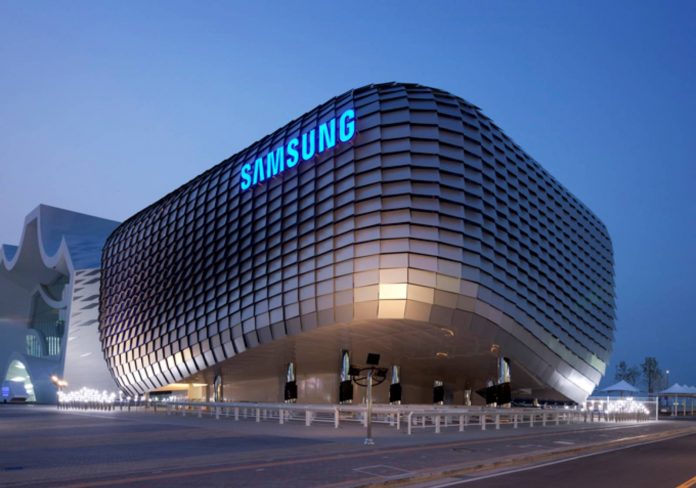Seoul: Samsung Electronics reported its all-time high quarterly profit on Thursday as its semiconductor profit surged to a record high thanks to booming demand for memory chips.
The South Korean company said its April-June net income was 10.8 trillion won ($9.7 billion), up 85 percent from 5.8 trillion won a year earlier.
The result beat expectations. Analysts forecast 10.1 trillion won in net profit according to FactSet, a financial data provider.
Operating profit jumped 73 percent over a year earlier to 14.1 trillion won ($12.7 billion) while sales rose 20 percent to 61 trillion won ($54.8 billion), in line with its earlier guidance.
Samsung, the world’s largest maker of memory chips and smartphones, likely surpassed Intel’s semiconductor revenue during the last quarter and outstripped Apple in quarterly earnings for the first time, if analysts’ forecasts turn out to be correct.
Intel is due to report its earnings later Thursday. Apple, which is scheduled to report its financial results on Tuesday, is forecast to have booked $8.2 billion in net profit during the three-month period, according to FactSet, during a typically slow season for Apple.
Samsung’s stellar performance that defies slow market demand in smartphone and TV sector is thanks to the unprecedented boom in the memory chip industry dubbed as “memory super cycle” by analysts. Increased uses of connected devices and mobile data have created strong demand for server memory to store, analyze and process data in data centers. Coupled with tight supply conditions, the surge in demand drove up the prices of memory chips over the past year, allowing the world’s two largest memory chip makers, Samsung and SK Hynix, to enjoy an unprecedented level of profitability.
Nearly 60 percent of Samsung’s quarterly income was generated by its semiconductor division, which booked 8 trillion won ($7.2 billion) in operating income on sales of 17.6 trillion won ($15.8 billion).
Samsung’s other component business that produce high-end display panels called OLED for smartphones also posted a solid earnings gain as Samsung launched new Galaxy smartphones in spring using the advanced displays. The Galaxy S8 series of smartphones recorded higher sales than their predecessors, helping the company’s mobile business to rebound from the fire-prone Galaxy Note crisis that cost more than $5 billion a year ago. Samsung said its mobile business booked 4.1 trillion won ($3.7 billion) in operating profit.
Looking ahead, Samsung said its third quarter profit may decline as its upcoming launch of the latest iteration of the Galaxy Note series would boost marketing expenses.
But its outlook on the semiconductor business remained rosy. Samsung said companies will continue to add server memory capacities and increase orders of memory chips for smartphones as they expand new server platforms, cloud services and launch new smartphone models during the second half of this year.




